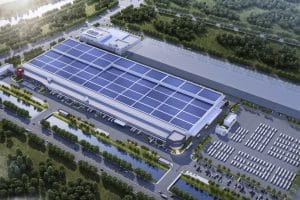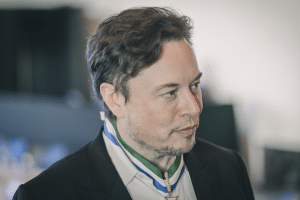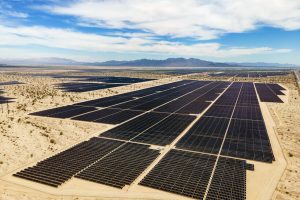Key Points
- 📅 Tesla faced inquiries on its relationship with Chinese battery maker CATL, with concerns raised by the House Ways and Means Committee Chair, Representative Jason Smith.
- 🤝 Questions were posed to Tesla CEO Elon Musk regarding existing agreements with CATL and potential future contracts.
- 🚗 Ford’s collaboration with CATL for a battery plant in Michigan sparked concerns, as it might conflict with the Inflation Reduction Act (IRA) and the goal of keeping taxpayer dollars from flowing to China.
- 💰 The Inflation Reduction Act (IRA) of 2022 provides incentives for electric vehicle manufacturing, emphasizing the use of US-made battery components and materials from countries with US trade agreements.
- 🏭 Several automakers, including Ford and Stellantis, have partnered with foreign battery suppliers to build battery plants and produce cells in the United States.
On Tuesday, September 19, 2023, Tesla was asked to provide details about its relationship with Chinese battery maker Contemporary Amperex Technology (CATL).
The House Ways and Means Committee Chair, Representative Jason Smith, R-Missouri, asked Tesla CEO Elon Musk about the electric vehicle (EV) makers’ contracts with CATL. In a letter to Musk, Rep. Smith asked if Tesla had any ongoing agreements with the Chinese battery maker or if the company was considering entering into any contracts.
“In addition to providing more direct answers to the questions in my April 17 letter, the Committee has since learned new information about Contemporary Amperex Technology, Co. Limited (CATL) that raises new concerns about CATL’s relationships with U.S. companies. Given those new concerns, the Committee is also concerned about whether CATL may be trying to negotiate other agreements like the agreement with Ford,” wrote Smith to Musk.
Earlier this year, Ford announced plans to build a $3.5 billion battery plant in a small town east of Battle Creek in Marshall, Michigan. The legacy automaker added that it would be licensing technology from CATL for the project. The House Ways and Means Committee wrote to Ford about its Michigan battery plant, stating that the automaker’s collaboration with CATL might go against the purpose of the Inflation Reduction Act (IRA).
“Recently, U.S. Department of Energy Secretary Jennifer Granholm indicated that her department’s “number one” priority is to avoid having taxpayer dollars flow to China,” Smith told Ford CEO Jim Farley in a letter.
“Recent reporting, however, suggests that automakers may be exploiting loopholes in the IRA to claim tax credits while still relying on foreign technology and labor in the design and development of EVs. Moreover, new estimates show the implementation of the credits may lead to an explosion in the estimated cost to American taxpayers,” Smit added.
Congress passed the Inflation Reduction Act in 2022, providing $500 billion in new spending and tax breaks to boost clean energy, reduce healthcare costs, and increase tax revenues in the United States. Part of the IRA provides tax incentives for electric vehicle manufacturing, which has specific stipulations for battery components in EVs.
The IRA encourages automakers to assemble and manufacture battery components within the United States. It also encourages automakers to use battery materials from North America or any country with a free trade agreement with the United States.
Since the IRA has passed, a few automakers have partnered with established foreign battery suppliers—like SK Innovation—to build battery plants and produce cells in the United States.
For instance, Ford signed a joint venture with South Korea’s SK Innovation to manufacture battery cells at the BlueOvalSK plant. Earlier this year, Stellantis—formerly Fiat-Chrysler—announced the construction of a 34 GWh battery plant in the United States with Samsung SDI.





